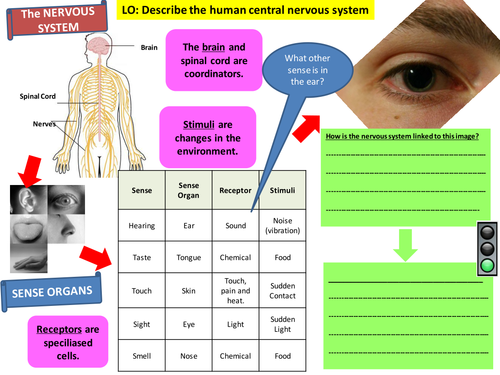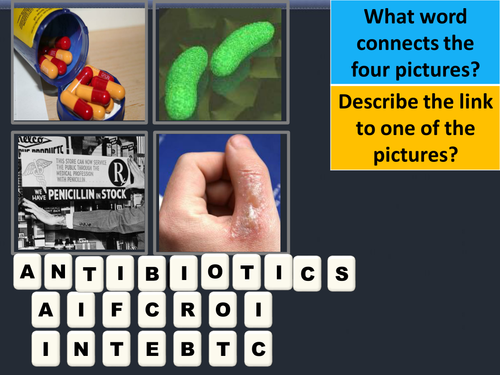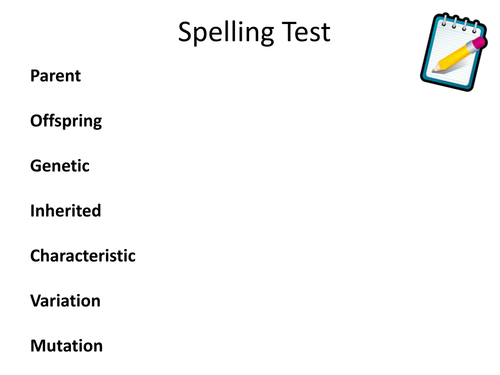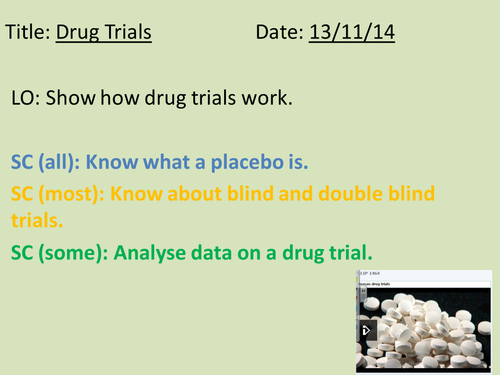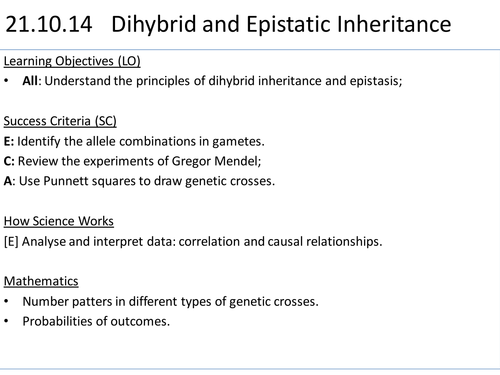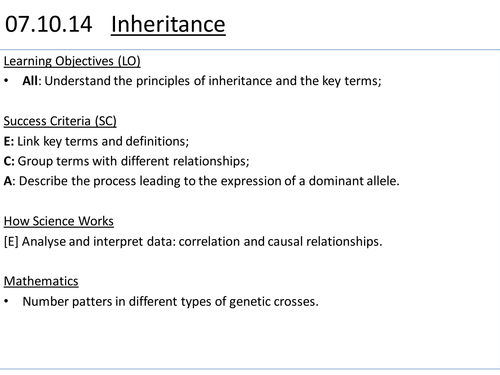BoostProgress's Shop
High quality STEM resources for 7 to 18 year old learners and a number of key resources to support classroom and whole-school pedagogy. The resource "Metacogs" is a unique resource supported by the latest research. There is also extensive use of Blooms and SOLO taxonomy behind many of the resources. If you download any resource that could be improved then please leave specific feedback and I will endeavour to improve them further.


